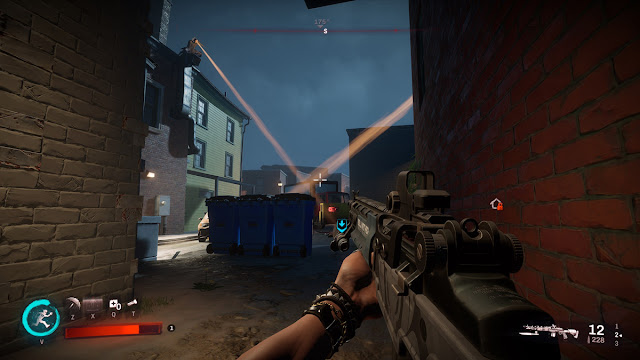Rainbows Are Carnivores is a gay fishing / aquaculture romance video game about using your pole to catch some high quality hogs.
"Hog” is, of course, angler slang for a big fish, like a rainbow trout. It could also refer to the many rainbow men who happen to inhabit this video game lake.
You can play the game for free in your web browser, on desktop or mobile. Though I must warn you, it's a bit difficult, so be patient. It'll take 10-20 minutes depending on your luck / prior aquaculture expertise.
CONTENT WARNING: the game is rated-R, but this post is mostly PG-13. There's a butt.
SPOILER WARNING: this post SPOILS the gameplay and ending. Play it first if you care about spoilers.









